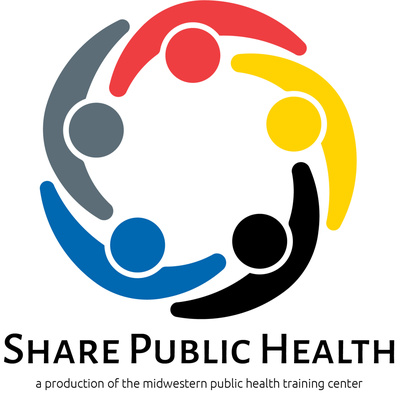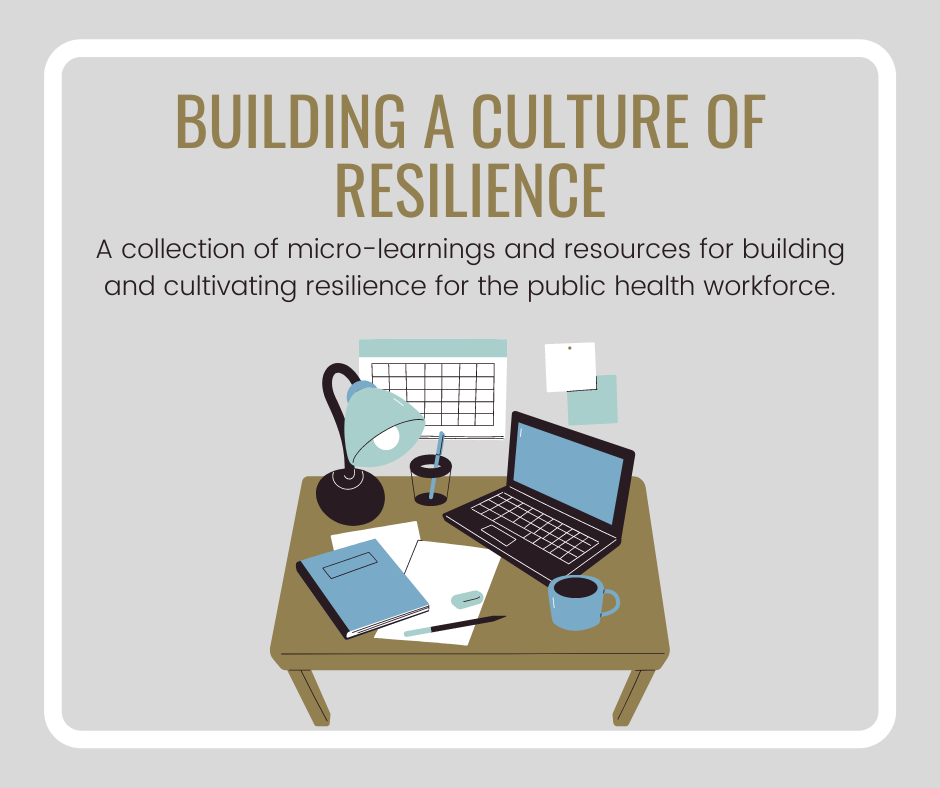 Responding to a Crisis: Managing Emotions and Stress Scenario
Responding to a Crisis: Managing Emotions and Stress Scenario
This adaptive scenario covers concepts of Psychological First Aid in responding to disasters. The user makes decisions about how to respond to the emotional needs of disaster victims and volunteers. This course is intended for the public health workforce, as well as anyone involved in post-disaster recovery. Because the training is an adaptive scenario, with an embedded training needs assessment, the user will only receive training based on what he or she doesn't know.
 Volunteer Training: Stress Management
Volunteer Training: Stress Management
A disaster is a traumatic event for members of the affected community, and can have a negative impact on mental health. It is not only victims who can suffer from traumatic stress. Emergency responders can suffer from it as well. It is vital for individuals involved in the emergency response to manage their stress to whatever degree possible, in order to maintain the safety of themselves and others as they carry out their duties during the event, perform their duties effectively, and to minimize the risk of developing any long-term psychological problems after the event. The goal of this 15-minute training course is to explain how a traumatic event effects people, familiarize you with the symptoms of traumatic stress, both during the event and afterwards, and to provide you with methods to manage your stress, on-site, immediately after the event, and once you return to your everyday life.
 Effect of Disasters on Mental Health: Awareness Level
Effect of Disasters on Mental Health: Awareness Level
This course is intended for anyone who will come into professional contact with disaster victims, including DMAT, hospital workers, EMTs, primary care providers and public health workers. There are three modules in this course: Module 1: Disaster, Trauma and Proximity to the Event, Module 2: Psycho-Physiology of Trauma and Fear, and Module 3: Tools for Understanding.
 Effect of Disasters on Mental Health: Technical Level
Effect of Disasters on Mental Health: Technical Level
This course is intended for anyone who will come into professional contact with disaster victims, including DMAT, hospital workers, EMTs, primary care providers and public health workers. In addition to providing general knowledge, this course emphasizes two practical skills: administering psychological first aid to disaster victims in the immediate aftermath of a disaster, and screening disaster victims for common mental health disorders in the months that follow. There are three modules in this course: Module 1: Assessment and Intervention in the Immediate Aftermath of a Disaster Module, 2: Assessment and Intervention in the Weeks/Months after the Disaster, and Module 3: Cultural Awareness.
 Effect of Disasters on Mental Health for Children and Adolescents
Effect of Disasters on Mental Health for Children and Adolescents
This course is intended for anyone who will come into professional contact with disaster victims who are children or adolescents, including DMAT, hospital worksers, EMTs, primary care providers, and public health workers. In addition to providing general knowledge of how disaster trauma affects this particular population, this course emphasizes practical skills: administering psychological first aid to children and adolescents in the immediatet aftermather of a disaster, screening them for mental health disorders in the months that follow, and involving parents and other caregivers throughout the process.
IS-360: Preparing for Mass Casualty Incidents: A Guide for Schools, Higher Education, and Houses of Worship
This FEMA course provides leading practices and resources to assist elementary and secondary schools, institutions of higher education, and houses of worship in developing emergency plans for preparing for, responding to, and recovering from mass casualty incidents.
Mass Fatalities: Public Health Emergency Training Module
This is one of nine awareness-level online modules, developed by the University of Minnesota in the UM PHET series, that cover critical topics related to emergency preparedness. The Mass Fatalities module defines mass fatalities incidents, describes the operational sites and roles involved in responses to these types of disasters, and identifies key issues related to planning and implementing response efforts. The module, additional information and learning objectives are available at http://cpheo.sph.umn.edu/cpheo/umncphp/phet.html. This module takes between 20-40 minutes to complete.





